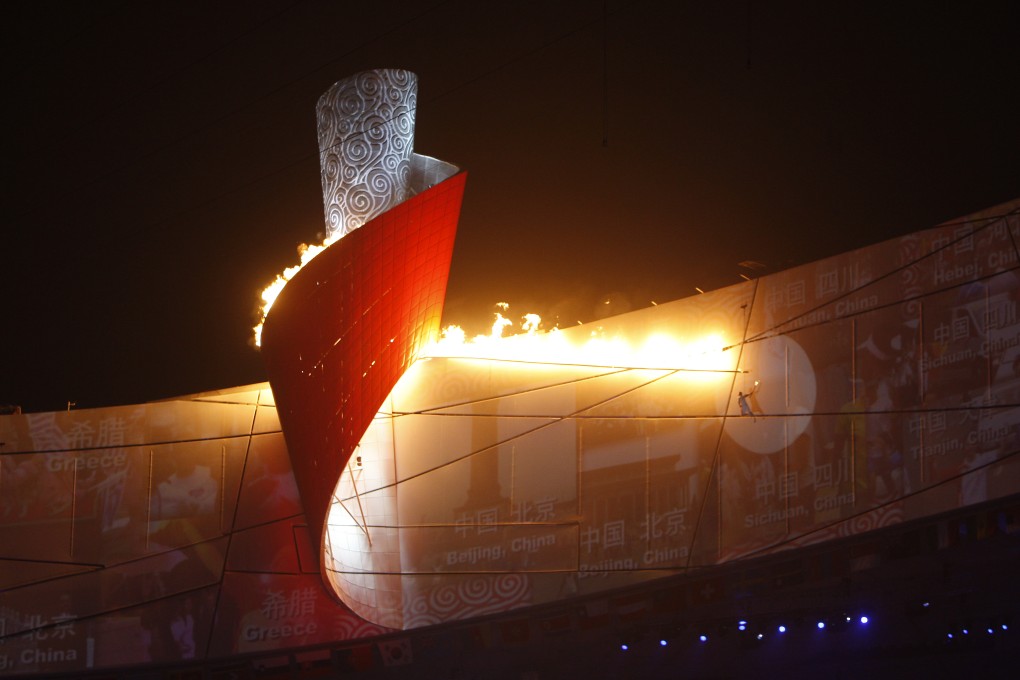Advertisement
Why China was ready with short guest list for Beijing Winter Olympics long before US diplomatic boycott
- 2008 Summer Olympics was China’s big moment on the world stage, and it has nothing left to prove, analysts say
- Beijing sees the US boycott as part of their mutual strategic rivalry, and was mentally prepared for multilateral action, they point out
Reading Time:3 minutes
Why you can trust SCMP
73

Long before Washington announced its diplomatic boycott of the 2022 Winter Olympics, Beijing had already been scaling back invitations in anticipation of low attendance by world leaders.
That was because China feels it has nothing left to prove on hosting a spectacular international athletics event, according to Chinese analysts.
“With this Winter Olympics, China has not been sending invitations like it did in 2008,” said Zhao Kejin, an international relations expert with Tsinghua University, referring to the Summer Games 13 years ago that marked the first time the country had hosted the Games.
State leaders present for the opening ceremony in Beijing on August 8, 2008 included then US president George W. Bush, Russia’s then prime minister Vladimir Putin and his Australian counterpart Kevin Rudd.
Advertisement
In comparison, Beijing has only confirmed the invitation of Putin, now the president of Russia, for the Winter Games in February.
“China does not view the 2022 Winter Games as a chance to display its power or its capacity to host a successful Olympics – it already did so last time,” Zhao said.
Advertisement
“Thus the presence of an array of foreign leaders is not something that China is really concerned with diplomatically.”
Advertisement
Select Voice
Select Speed
1.00x